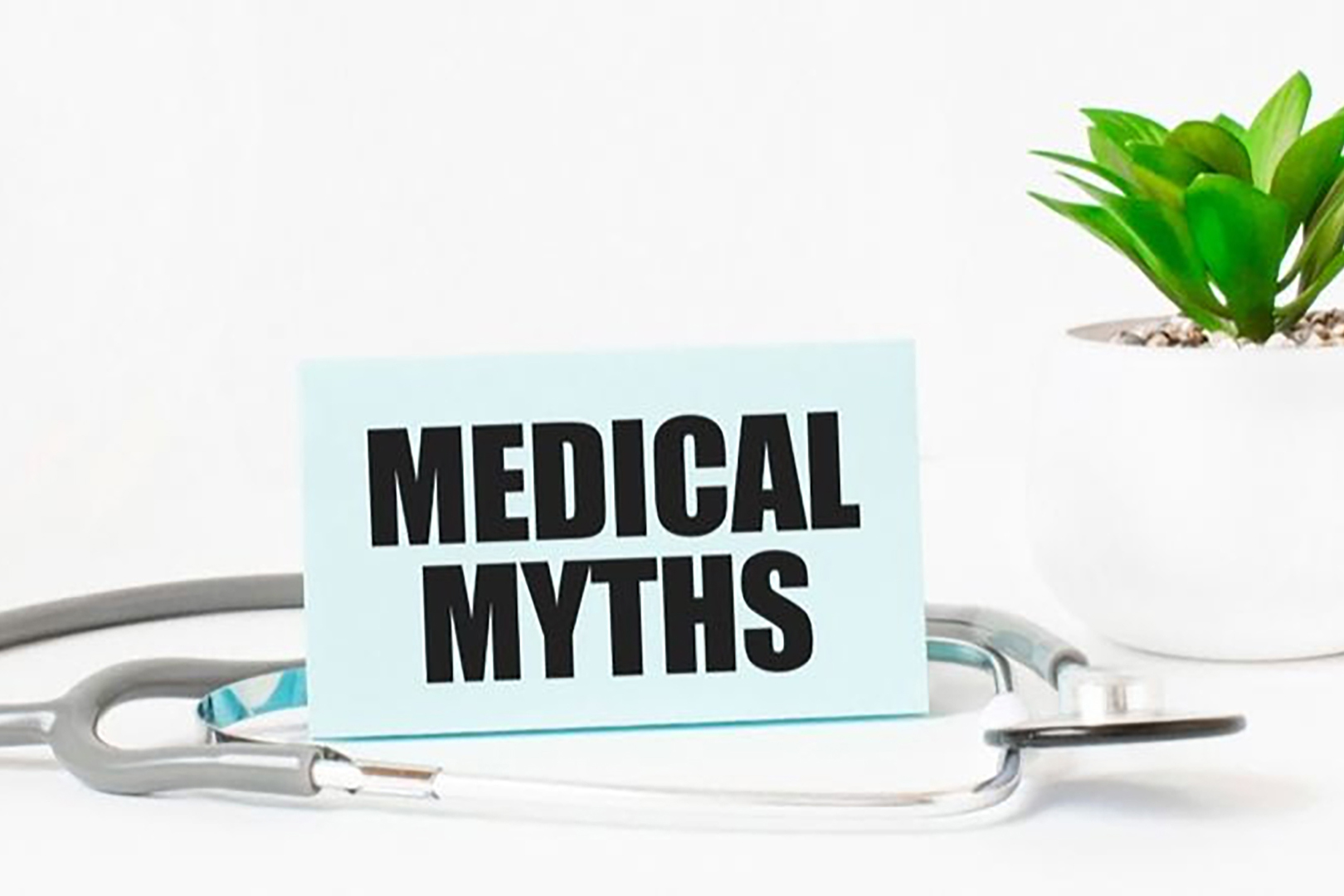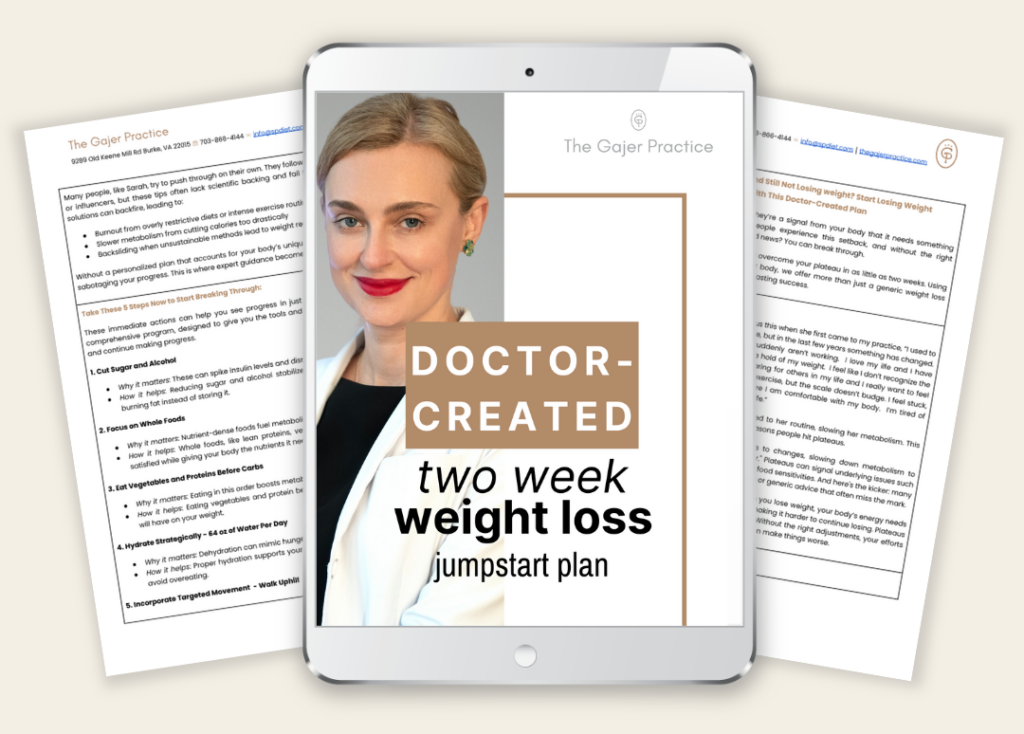Dear readers,
For generations, women have been bombarded with health advice that often does more harm than good. Much of this guidance stems from outdated notions about women’s bodies, roles, and potential. Today, we’re examining three pervasive myths about women’s health that deserve to be permanently debunked.
Myth #1: Women Should Be Small (Eat Less, Move More)
The idea that women should strive to be physically small—taking up less space, eating miniature portions, and focusing on calorie-burning exercise—has been hammered into our collective consciousness for decades.
This myth manifests in countless ways:
- “Ladies’ portions” on menus
- Marketing that celebrates women shrinking their bodies
- Fitness programs promising to make women “tiny and toned”
- The celebration of extreme caloric restriction
The Reality: Women’s bodies require adequate nutrition and varying forms of movement for optimal health—not perpetual restriction. The female body has specific nutritional needs that go far beyond calorie counts, including iron, calcium, and specific vitamins that fluctuate throughout different life stages.
Research increasingly shows that restrictive eating patterns often backfire, leading to metabolic adaptations, nutrient deficiencies, and damaged relationships with food. Additionally, focusing solely on cardio and calorie-burning exercises can deprive women of the bone-protecting, metabolism-boosting benefits of strength training.
Women’s bodies naturally come in diverse shapes and sizes. Health exists across the size spectrum, and assuming smaller always equals healthier has been thoroughly disproven by modern research. The “eat less, move more” oversimplification ignores the complex hormonal, genetic, and environmental factors that influence women’s bodies.
Myth #2: Fat Is the Enemy
For decades, women have been taught to fear dietary fat, with low-fat products marketed heavily toward female consumers. This myth gained particular momentum in the 1980s and 90s, when fat-free products flooded the market, often replacing fat with sugar and processed ingredients.
The Reality: Adequate fat intake is essential for women’s health, particularly for:
- Hormonal balance and production (estrogen, progesterone, and other sex hormones require fat)
- Brain health (the brain is approximately 60% fat)
- Vitamin absorption (fat-soluble vitamins A, D, E, and K require fat for proper absorption)
- Reproductive health (fat tissue plays a crucial role in fertility)
- Sustained energy and satiety
- Cellular integrity and function
Research now clearly demonstrates that healthy fats—including avocados, olive oil, nuts, seeds, and even certain saturated fats—are crucial components of a nourishing diet. In fact, extremely low-fat diets can contribute to hormonal imbalances, dry skin and hair, mental health challenges, and difficulty maintaining stable energy levels.
The types of fat consumed matter more than the total amount. Focusing on quality fats while avoiding highly processed trans fats represents a more nuanced and evidence-based approach to women’s nutrition.
Myth #3: The Best Years of Life Happen During Fertile Years
Perhaps the most insidious myth is that a woman’s value, vitality, and best life experiences are concentrated during her reproductive years. This perspective reduces women to their biological capacity to bear children and suggests an inevitable decline after menopause.
The Reality: Women’s lives often expand in richness, purpose, and even physical capability well beyond their childbearing years. Research consistently shows that for many women:
- Confidence and self-assurance increase with age
- Financial stability typically improves in later decades
- Career achievements often peak in middle age and beyond
- Creative output frequently flourishes in later years
- Satisfaction with relationships and social connections often deepens
- Many women report feeling more authentic and comfortable in their own skin
The hormonal shifts of perimenopause and menopause, while challenging for some, also bring physiological changes that many women experience as liberating. The post-reproductive years can offer freedom from cyclical hormonal fluctuations, pregnancy concerns, and societal expectations tied to fertility.
Throughout history and across cultures, older women have often held positions of wisdom, leadership, and community influence. The modern notion that women somehow become less vital or valuable after their reproductive years contradicts both historical precedent and contemporary research on aging.
It’s Time to Get Loud: Your Permission Slip to Disrupt These Myths
Ladies, let’s be crystal clear: you don’t need anyone’s permission to reject these outdated myths. But if you want one, consider this your official invitation to:
Take Up Space!
Your body isn’t something to shrink—it’s your magnificent vehicle for experiencing this wild, beautiful life. Those hips? They’re meant to sway. Those thighs? They’re built to carry you through adventures. Your appetite? It’s not something to tame but a signal of your body’s wisdom. Stand tall, spread out, and claim your physical territory without apology.
Eat the Damn Fat!
Avocados, olive oil, nuts, salmon, even that marbled steak—these aren’t your enemies. They’re your allies in hormonal balance, brain health, and yes, pleasure. The satisfying richness of healthy fats doesn’t just nourish your body; it feeds your joy. So drizzle that olive oil with abandon and spread that butter with pride.
Be Gloriously Middle-Aged and Beyond!
Here’s a secret they don’t tell you: many women find their 40s, 50s, 60s, and beyond to be their most magnificent decades. The years where you finally stop caring about fitting into cultural expectations and start expanding into your authentic self. Where wisdom, perspective, and the beautiful art of not giving a damn about trivial matters create a freedom younger you couldn’t imagine.
We’ve been quiet too long about these myths. Politely nodding while being advised to eat like birds, fear fat like the plague, and dread the passing years. That ends now. Our mothers and grandmothers deserved better information. Let’s be the generation that gets loudly, joyfully disruptive about these myths—not just for ourselves but for every woman who comes after us.
Your health isn’t a size, a restriction, or a timeframe. It’s a wild, personal journey of discovery that deserves to be defined by you, for you, throughout every glorious decade of your life.
So take up space. Eat nourishing food including delicious fats. And know that your most fabulous years might be happening right now—or still ahead. The stage is yours. Make it spectacular.
To your health
Dr. Aleksandra Gajer






